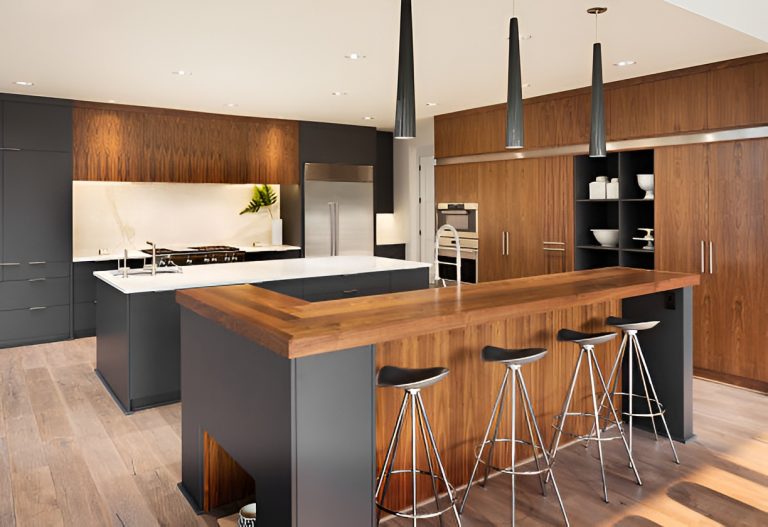

If you have an AC heating and cooling unit, it’s important to keep it in good repair so that it will work anytime you need it. If you need furnace repair, it can be expensive to get those repairs done. It’s always better to try to maintain it regularly so that it keeps working and will last longer. Many AC repair companies recommend having your unit checked out every two years to make sure it doesn’t need any work done to it.
To find the right company for AC heating and cooling near me, check local business listings to see which ones are close by for the best convenience. The best AC supply house near my location will be ones that have trained technicians who are well-educated about work on AC units of many types. Getting AC repair jobs generally requires that education and a license to do the work. Trying to do it by yourself can put you in harm’s way and can lead to you doing more damage to the AC unit. Having a qualified repair person is the best way to ensure that the work gets done right and in a reasonable amount of time.


While many first time home owners concentrate their building choices on the interior design choices that they make, the more experienced consumer realizes that other decisions are far more important. When you are building a new home, you might be tempted to spend your money on the latest kitchen counter materials, higher ceilings throughout your home, and expensive custom moulding, but if your budget is tight you should be prioritizing other decisions. In fact, few choices are more important than the decision to work with the best HVAC contractor and to install the latest heating and cooling equipment.

General contractors often want you to sign off on many building choices early in the construction process. The wisest buyers, however, realize that they do not want to rely on the builder standard choice for heating and cooling systems. Insisting that you work with a top HVAC contractor will help you make energy choices that will impact you longer than the fancy moulding in the family room. Since heating and cooling costs account for nearly 48% of the energy use in a typical American home, doesn’t it make sense for you to install the best heating and cooling systems available?
Here are some tips to keep in mind when you are considering purchasing a new, or replacing an old, heating and cooling system:
- Make sure you work with a trusted HVAC contractor. Common sense research like finding out how long a particular contractor has been in business in your area is a good indicator.
- Take the contractor’s advice. One of the biggest reasons to be so particular in the contractor you select is that they should be the main source for determining what unit to purchase.
- Purchase a HVAC unit that fits your home. While you do not want to by a heating or cooling unit that is too small for your home, it is equally important to not buy more than what you need. A certified contractor and your builder should be able to help you determine what you need by taking square footage and climate into account.
- Bigger is not always better when buying an AC unit. An oversize AC stops and starts more often. A smaller unit, however, will run longer and perform more efficiently. Because today’s heating and cooling units are more efficient, you can often buy “less” than what you would have bought 10 years ago.
- Understand the SEER rating. Make sure any new AC purchase is an Energy Star product, certified by the Environmental Protection Agency. Units with this rating are at least 20% more efficient than AC units that only meet minimum federal standards.
- Decide if you need to improve or replace your duct work. Energy lost through ducts can account for more than 30% of energy consumption for space heating and cooling.
- Consider more than price. The lowest bid might not include ducts and filtration system. Also, the low bid contractor might not include the best guarantee.

Two-thirds of all homes in America have air conditioners. More than that have heating systems. The temperature control of your home is an important investment. Have you done your research?



